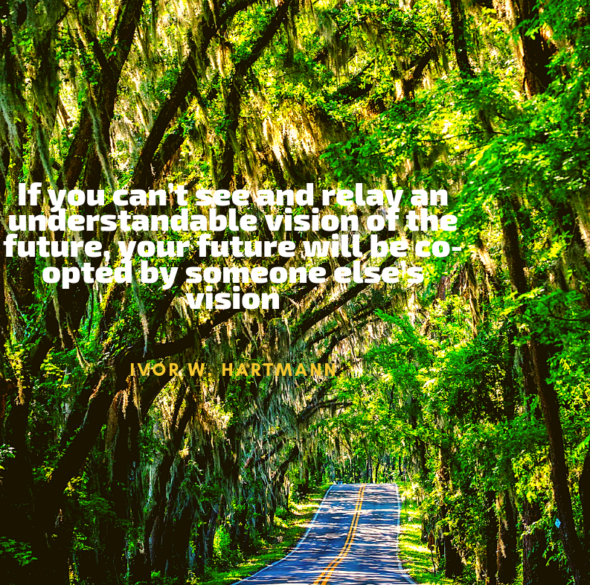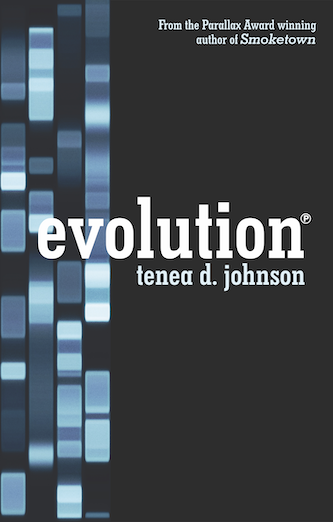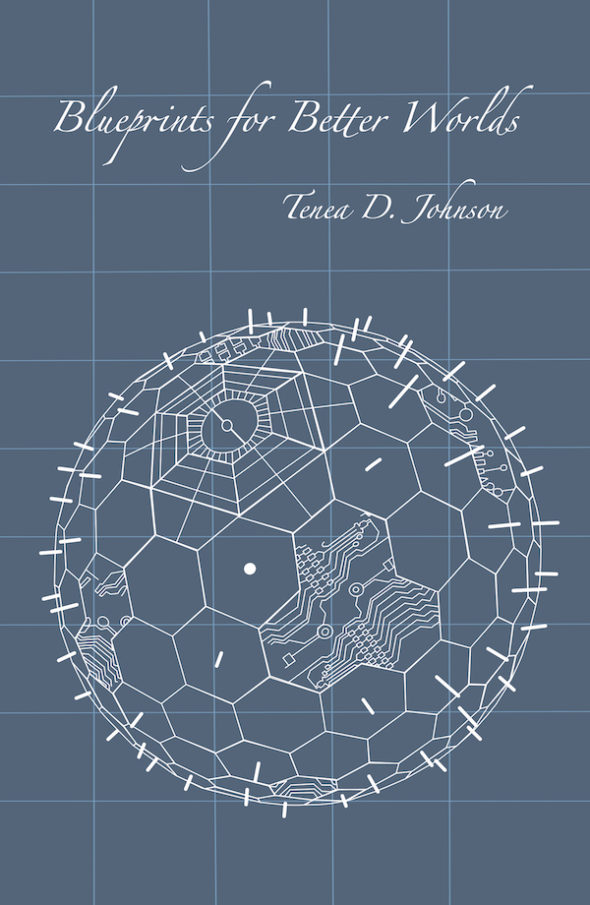3 Minutes with Ivor, Editor of AfroSF

Next up from the Afrofuturism storybundle is Ivor W. Hartmann – editor, writer, publisher and visual artist – on the AfroSF anthology series and editing’s intersections with writing.
In what way ways has the AfroSF anthology series surprised you?
When the first AfroSF came out in 2012, I was blown away by the warm and welcoming reception it received from the international SF community; it was very heartening. As writers we are just trying to do our own thing, and back then hardly anyone was publishing our SF locally or internationally, so we just did it ourselves. So this reception meant a lot, that we could thrive locally and internationally, that there was a confirmed positive interest in what we were doing.
Describe this work in 3 words.
African Science Fiction.
Why this work?
Science Fiction is the only genre that enables African writers to envision a future from our African perspective. Moreover, it does this in a way that is not purely academic and so provides a vision that is readily understandable through a fictional context. The value of this envisioning for any developing country, or in our case continent, cannot be overstated nor negated. If you can’t see and relay an understandable vision of the future, your future will be co-opted by someone else’s vision, one that will not necessarily have your best interests at heart. Thus, Science Fiction by African writers is of paramount importance to the development and future of our continent.
You write and edit. In what ways does each inform your work in the other?
I think they work very well together; writing makes you a better editor and editing makes you a better writer. The tricky part, so tricky, is having a healthy time balance between them, something I have yet to achieve. As an editor understanding fully the writing process—the massive space stories take up in one’s mind and how so little of that makes the page, and yet without it the page would be bare—is invaluable. Likewise as a writer fully understanding the editing process—the quest to help refine a story to its best possible form whilst fully retaining the writer’s voice—is an imperative, to know that there is no writer who can fully and properly edit themselves, how an editor’s outside perspective is integral to the writing process.




